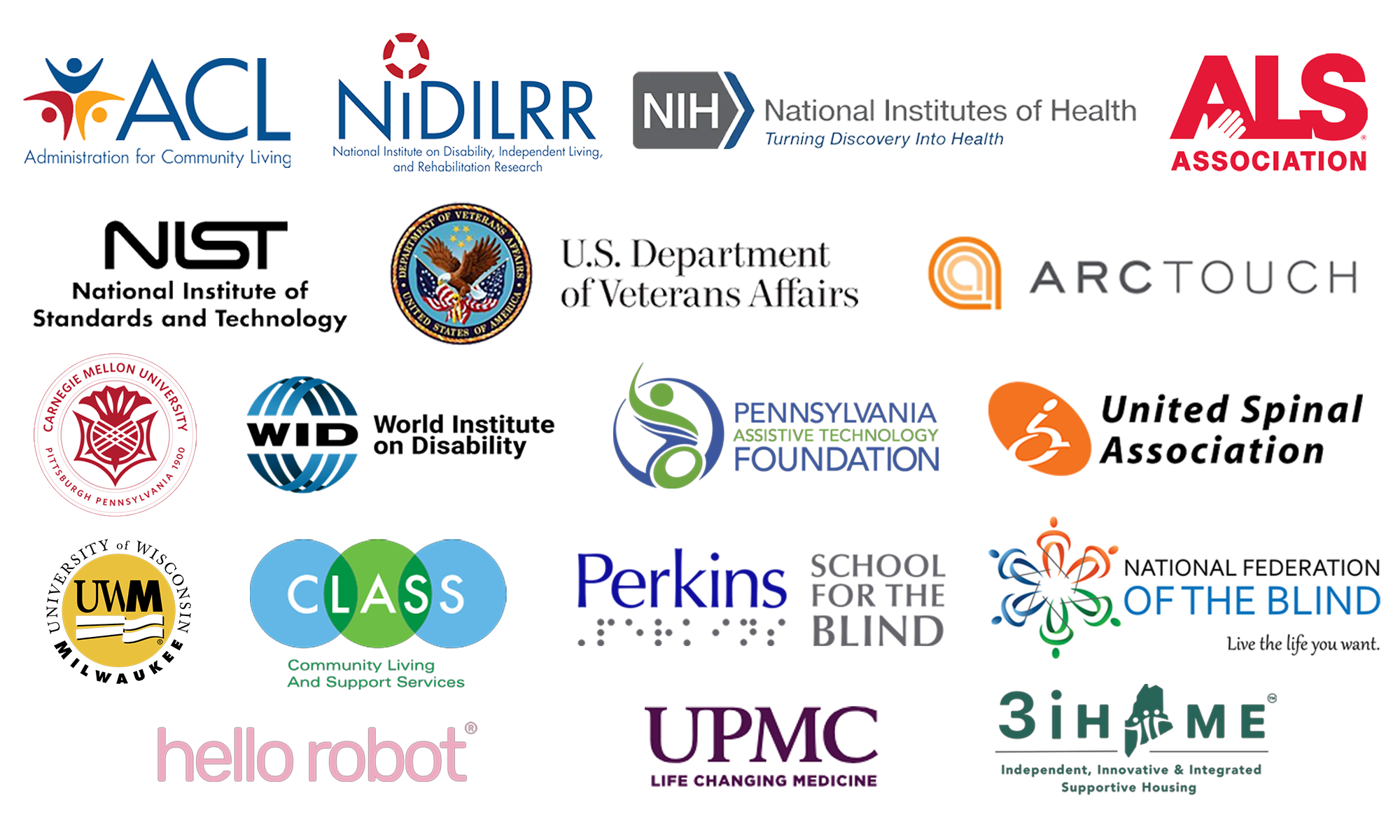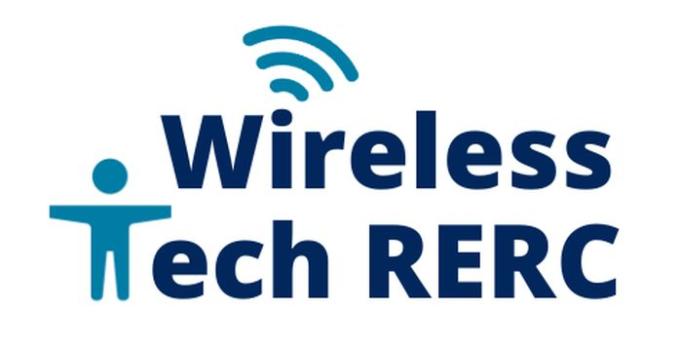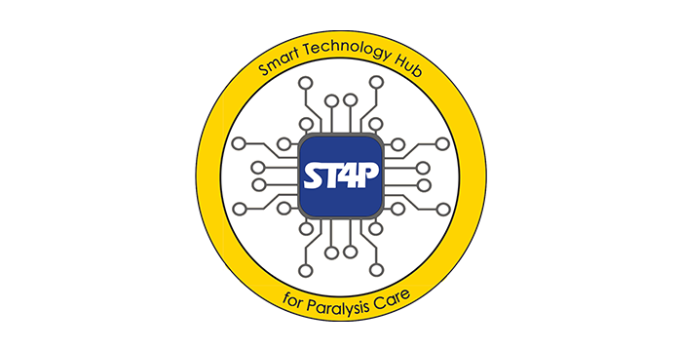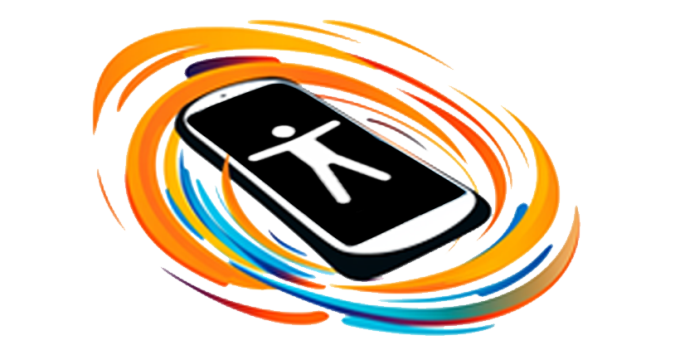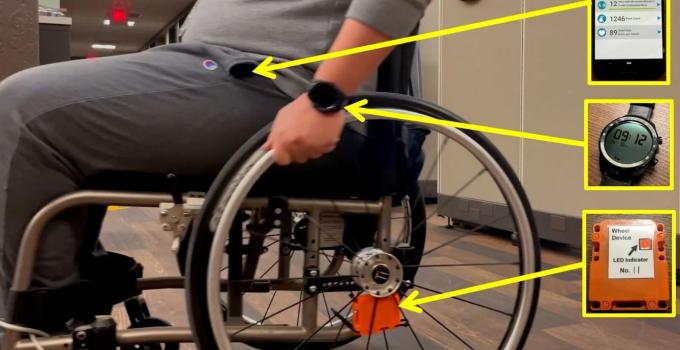-

Wireless Hackathon Innovates for Accessibility
Student innovators from Pittsburgh area universities developed and presented an impressive array of projects at the 2025 Wireless Innovation SmartTech Hackathon for Accessibility. This innovative event brought together 13 interdisciplinary student teams who worked to prototype wireless tech solutions to the real-world challenges identified by the disability community.
Meet the Hackathon Winners!
More News!
Sponsors and Collaborators
